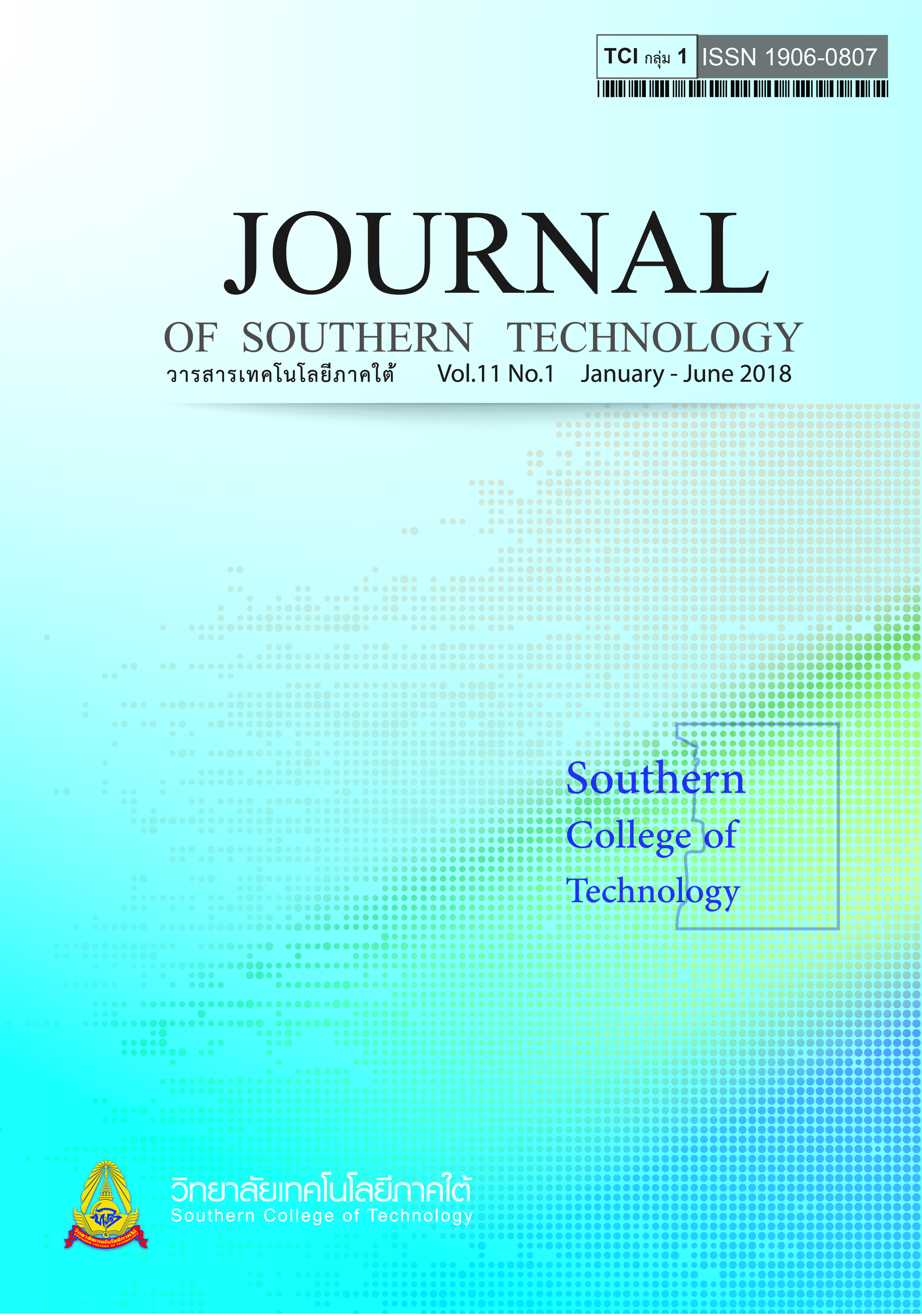Policy Decision of Citizens, Bureaucrats and Politicians: A Lesson from Decentralization Policy in Thailand
Main Article Content
Abstract
This paper aims to (1) explain characteristics of policy decision of citizens, bureaucrats and politicians and (2) characteristic of policy paradox based on a case study on decentralization policy in Thailand. The findings revealed that (1) Decision-making of citizens with crisis decision in the beginning of decentralization. (2) Decision-making of politicians with political decision relied on consideration of social satisfaction. (3) Decision-making of bureaucrats with routine decision under the politicians’ influence made the politicians lacked techniques, experience, knowledge and competence in public administration. And (4) presence of policy paradox between the politicians and bureaucrats resulted from the fact that the politicians did not have a policy to support the decentralization policy. According to the case study on decentralization in Thailand, it can be a significant lesson concerning policy decision-making for other policies.
Article Details
-
Authors must agree to the journal publication rules and allow the editors to edit the manuscripts for publication.
-
Author’s right belongs to the author but Journal of Southern Technology holds the right of first publication and thus allow readers to use the article for the purpose of education but not commercial.
References
Bowornwathana, B. (2005). Administrative Reform and tidal waves from regime shifts: Tsunamis in Thailand’s political and administrative history. The Asia Pacific Journal of Public Administration, 27(1), 37-52.
Bureau of Provincial Administration Development & Promotion Bureau of Provincial Administration Development & Promotion, the Ministry Internal Auditor Group. (2004). Laws Regulations about the integrated of Provincial Administration. Bangkok: Sematham.
Chardchawarn, S. (2010). Local Governance in Thailand: The Politics of Decentralization and the Roles of Bureaucrats Politicians and the People. Chiba, Institute of Developing Economies. Japan External Trade Organization.
Constitution of the Kingdom Act B.E. (1997). Royal Thai Government Gazette. 114, 55 A (11 Oct): 87-73. Cabinet and Royal Gazette Publishing Office. P. 81-86.
DeLeon, P. (1999). The Stage Approach to the Policy Process. What has it done? Where is it going?. In Sabatier, P. A. Theories of the Policy Process. (p. 19-32). Colorado: Westview Press.
Determining Plans and Process of Decentralization to Local Government Organization Act B.E. 1999. Royal Thai Government Gazette, 116, 3-4.
Dror, Y. (1967). Policy Analysis: A New Professional Role in Government Service. In Shafritz, J. M. & Hyde, A. C. (2007). Classics of Public Administration. (p. 231-238). Wadsworth: Cengage Learning.
Dye, T. R. (2005). Understanding Public Policy. New Jersey: Pearson Education.
Goodnow, F. J. (1900). Politics and Administration. In Shafritz, J. M., & Hyde, A. C. (2007). Classics of Public Administration. (p. 28-35). Wadsworth: Cengage Learning.
Kauzya, J. (2005). Decentralization : Prospects for Peace, Democracy and Development. DPADM Discussion Paper. New York: UNDESA.
Kingdon, J. W. (1995). How does an idea’s time come? Agendas alternatives and Public Alternatives, and Public Policies. In Shafritz, J. M. & Hyde, A. C. (2007). Classics of Public Administration. (p. 445-459). Wadsworth: Cengage Learning.
Krueathep, W. (2015). Results of Thai Decentralization in 15 years periods. In 15 years of Decentralization to Local Government. Office of the Decentralization to the Local Government Organization Committee. (p. 27-68). Cabinet and Royal Gazette Publishing Office.
Moe, T. M. (1994). Integrating politics and organization: positive theory and public administration. Journal of Public Administration Research and Theory,4(1), 17-26.
Ostrom, V., & Ostrom, E. (1971). Public choice: a different approach to the study of public administration. Public Administration Review, 31, 203-216.
Parsons, D. W. (1995). Public Policy: An Introduction to the Theory and Practice of Policy Analysis. (p. 1-31). Cambridge: Cambridge University Press.
Petridou, E. (2014). Theories of the policy process: contemporary scholarship and future directions. The Policy Studies Journal, 42(S1), S12-S32.
Ratsermpong, R., & Sriram, N. (2015). Evolutions of Decentralization to Local Government. In 15 years of Decentralization to Local Government. Office of the Decentralization to the Local Government Organization Committee. (p. 2-23). Cabinet and Royal Gazette Publishing Office.
Sabatier, P. A. (1999). The Need for Better Theories. In Sabatier, P. A. Theories of the Policy Process. (p. 3-18). Colorado : Westview Press.
Skocpol, T. (1993). Bringing the State Back in. In Hill, M. The Policy Process: A Reader. (p. 86-100). Hertfordshire: Harvester Wheat sheaf.
